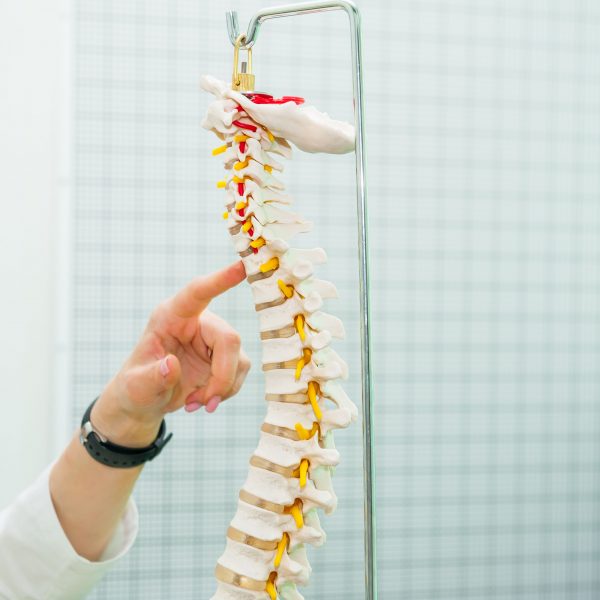Precision is vital in the medical field, especially during surgical procedures. Proper instruments should always be ready and prepared before a procedure. The tools that are used by medical practitioners should be of high quality and medical grade to ensure safe operation.
Surgery is a specialisation in the medical profession that uses operative manual and instrumental techniques on a person to check or treat conditions such as diseases and injuries. It is also applied to people who need improvement of bodily function and repair unwanted ruptured areas. There are methods of surgeries such as open surgery and minimally invasive surgery that require instruments fitted for the procedure.
Surgical materials
Surgical instruments, like a tungsten carbide (TC) needle holder, are specially designed tools or device that performs specific functions. They can be made from different kinds of metals such as stainless steel, titanium, tantalum, platinum, palladium, and tungsten carbide. These metals have different qualities that can be helpful during their manufacture and use.
Making surgical instruments should have malleable metals, which can hold shape without getting any flaws. It is tempered and treated after being moulded and shaped to get that smooth satin finish, which helps in preventing bacteria. Most metals that are used as surgical tools are made of chemically inert materials but are relative to the human body, which lessens metal contamination.
Metal instruments

Most metals that are used for surgical equipment are made from metal alloys as base metals are not up to par with medical practice and are unsafe. Stainless steel is the traditional material used for surgical instrument manufacture, and it has different grades for different uses.
Austenitic 316 (AISI 316L) is a type of stainless-steel grade that is also known as surgical steel. This stainless-steel grade is resistant to corrosion and is frequently used in laboratories too. THE AISI 301 is also a type of stainless steel that is used in manufacturing springs that are used in medical instruments.
Austenitic means that the steel grade is non-magnetic and can contain a mixture of chromium, nickel, and carbon. Stainless steel is the most hard-wearing metal alloy in existence. It can withstand temperatures that are as high as 400 degrees Celsius, and it can be sterilised easily at around a temperature of 180 degrees Celsius.
Tungsten carbide is another metal that is used in the manufacture of surgical instruments. The most basic form of tungsten carbide is a fine grey powder. It can be formed into shapes by compacting the powder under a certain amount of pressure through a process called sintering. This material is used for surgical instruments meant for open surgery and laparoscopic surgery. They are costlier than stainless steel, but has better performance.
Titanium alloy is a popular choice for manufacturing surgical tools. Its tensile strength is comparable to that of carbon steel and is also resistant to corrosion. Titanium is more flexible and lighter than stainless steel. It is not only used to make instruments for surgery. It is also used to make implants as it is biocompatible to fuse well with human bones, as it is used to make orthopaedic and dental implants.
Surgical instruments are helpful to make operations easier and precise. Creating these instruments from modern age materials are a marvel in science and medicine. Without these metals, there would not be any advances in the manufacture of medical tools and implants.






